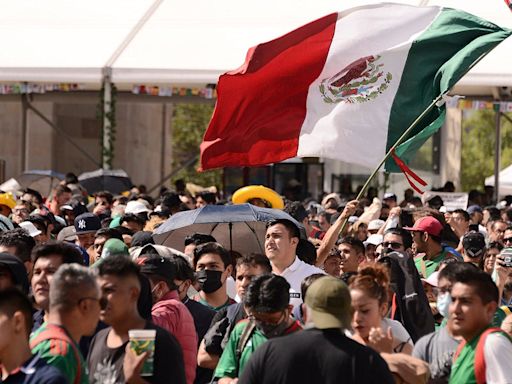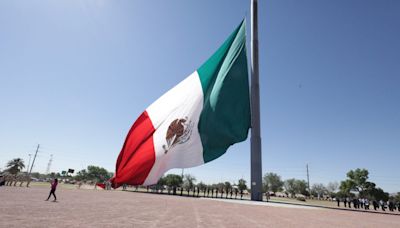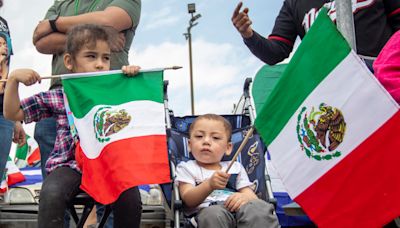Search results
Apr 24, 2021 · Updated on April 24, 2021. Independence from Spain came suddenly for most of Latin America. Between 1810 and 1825, most of Spain's former colonies declared and won independence and had divided up into republics. Sentiment had been growing in the colonies for some time, dating back to the American Revolution.
History of Latin America - Independence, Revolutions, Nations: While Brazil maintained its territorial integrity after independence, the former Spanish America split into more than a dozen separate countries, following the administrative divisions of the colonial system.
Nov 21, 2012 · Latin American independence has spawned tens of thousands of books, articles, novels, plays, films, songs, statues, and public commemorations. Such a prodigious output is a testament to the romance and power of the era, but it is also indicative of the degree to which the meaning of independence remains contested.
Other Latin American countries, with the exception of Cuba and Puerto Rico, also embarked on their struggles for independence in the early nineteenth century—Chile and Mexico, for example, began in 1810, though their autonomy was not secured until later: Chile in 1818 and Mexico in 1821.
History of Latin America - Colonialism, Revolution, Independence: The first decades of the second half of the 19th century represented the beginnings of a fundamental shift in the still-young nations of Latin America. At the heart of this transition was a growing orientation of the economies of the region to world markets.
Introduction. The various independence movements in Latin America drew on Enlightenment philosophies about proper forms of government and the Rights of Man and on the revolutionary examples of the American colonies and Saint Domingue.
Dec 6, 2023 · The term “Latin America” originated in the nineteenth century, when Argentinean jurist Carlos Calvo and French engineer Michel Chevalier, in reference to the Napoleonic invasion of Mexico in 1862, used the term “Latin,” referring to those whose national language—like Spanish—was derived from Latin, to denote difference from the “Anglo-Saxon” Eng...







